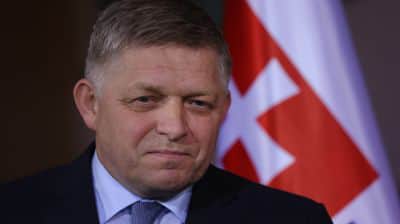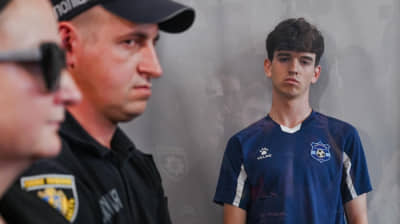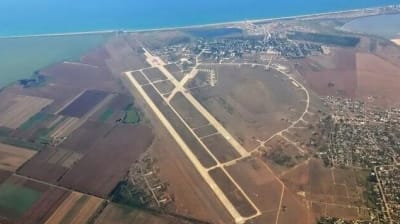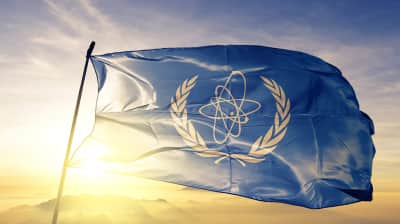More than 220 Russians surrendered via I Want to Live hotline − FT
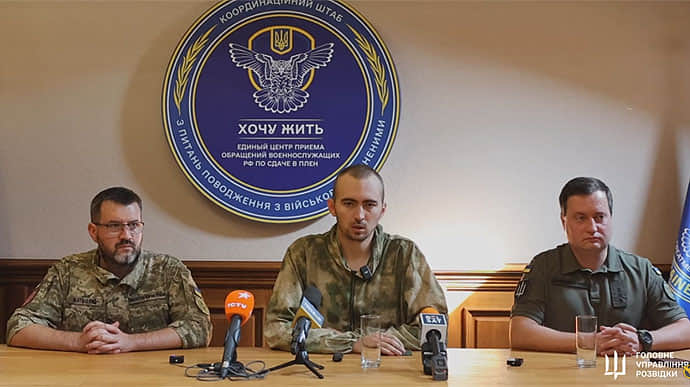
As of December, more than 220 Russian soldiers surrendered through the I Want to Live hotline, and more than 1,000 other applications are pending, writes the Financial Times.
Source: Financial Times, citing Vitaliy Matvienko, a spokesperson for Defence Intelligence of Ukraine’s department for prisoners of war (the Ukrainian state project Hochu Zhit (I Want to Live).
Quote from FT: "Russian lieutenant Daniil Alfyorov accomplished what the rest of Vladimir Putin’s army failed to do when it launched a full-scale invasion of Ukraine: he reached central Kyiv.
Speaking into a cluster of microphones while sitting between two Ukrainian military intelligence officers in October, the 27-year-old denounced his country’s unprovoked war and said he had surrendered voluntarily."
Details: FT writes that this graduate of the Moscow military school helped 11 more Russian soldiers who fought under his command in Kherson Oblast to surrender.
They all surrendered by calling the I Want to Live hotline. The FT notes that their surrender − known as Operation Barynya by the Defence Intelligence of Ukraine − provided Ukraine with valuable intelligence from the battlefield (Barynya is an old Russian term for a wife of a landlord or a merchant – ed.).
For reference: Defence Intelligence of Ukraine opened a hotline in September 2022 − just 3 days before the partial mobilisation announced by Russian President Vladimir Putin. While Moscow mobilised about 300,000 reservists, the I Want to Live hotline began to burst with calls.
The FT quotes one of the conversations between the line operator and a Russian, where the Russian, when asked if he wanted to live, replied "Yes. Someone gave me this number. Can you help me surrender?"
The first successful capture occurred less than a month after launching the line.
Reportedly, since then, about three Russian soldiers have been captured every week.
Quote FT: "The hotline has so far received more than 26,000 calls via phone and an accompanying chatbot on Telegram messenger.
Its website hochuzhit.com has been visited more than 48 million times − including 46 million visits from within Russia. The website was blocked inside Russia days after it went live but remains accessible via services that hide the user’s internet address."
Details: Matvienko said that both Ukraine and Russia use information campaigns and psychological operations to influence the other side. For this, they use leaflets dropped from the air, mass text messages, advertising on radio and television, and even shouting from trench to trench.
Not all of Ukraine's efforts have reportedly been successful, but the hotline has paid dividends.
"GUR sees the Russian soldiers as a currency with which it can buy back Ukrainian prisoners of war," FT writes.
Before releasing the Russians, Matvienko reportedly gives them I Want to Live leaflets to hand out to men in Russia who may be mobilised, in case they want to flee when they arrive in Ukraine. He calls it a "preliminary surrender" − the appeal will allow the Russian soldier to speed up the process of submitting documents.
The publication writes that by the time a Russian conscript who chose "preliminary surrender" arrives in Ukraine, the Defence Intelligence will have already processed his application and conducted an inspection − all this will reduce the time the soldier will have to spend on the battlefield before he surrenders in captivity.
Reportedly, the I Want to Live hotline is staffed 24 hours a day, 7 days a week by 10 operators who sit in a secret location in Kyiv. The team consists of military psychologists and analysts who, as Matvienko says, have undergone special training to communicate with Russian soldiers.
He said that sometimes the Russians call in tears, and then they need to be calmed down. Others believe Russian propaganda about "Ukrainian neo-Nazis killing Russians", and they have to be persuaded.
The Ukrainian authorities promise not only that they will live, but also that they will be treated well, following the Geneva Conventions on the Treatment of Prisoners of War. Other guarantees include medical assistance, three hot meals a day, communication with relatives in the homeland and, of course, the possibility of being exchanged for Ukrainian PoWs and returning home to Russia.
To the Russians who fear that their lives will be in danger if they return to Russia, the Defence Intelligence of Ukraine offers the opportunity to request asylum in Ukraine.
Matvienko said that the hotline experienced several bursts of calls. The first was in November 2022, when the Ukrainian military liberated Kherson during a counteroffensive.
Another wave came in the spring, when Ukraine prepared for its last counteroffensive.
"In March 2023, we received almost 3,000 applications. That’s compared to December 2022, when there were 1,500 applications," Matvienko said.
The publication also recalls one of the most successful surrender stories, which happened in August 2023, when Russian pilot Maxim Kuzminov drove a Mi-8 helicopter into the territory of Ukraine.
The operation, codenamed Synytsia (Titmouse), was planned for six months.
Kuzminov surrendered along with his helicopter and soon after received his reward. Matvienko said that he now lives with his family in a secret place in Ukraine.
At a press conference in Kyiv, Kuzminov urged his fellow Russians to follow his example, saying, "You won't regret it."
Support UP or become our patron!
